Apply for a Sales and Use Tax Permit
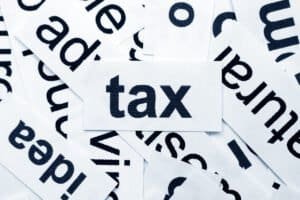 Applying for a Sale and Use Tax Permit doesn’t apply to every business. In fact, some states don’t require businesses to collect state taxes at all. Your particular state may also call it something different. Still it’s one of the steps for starting a small business you shouldn’t neglect to investigate, in case it does apply. Let’s begin by talking about the 5 Ws of a Sales and Tax Permit.
Applying for a Sale and Use Tax Permit doesn’t apply to every business. In fact, some states don’t require businesses to collect state taxes at all. Your particular state may also call it something different. Still it’s one of the steps for starting a small business you shouldn’t neglect to investigate, in case it does apply. Let’s begin by talking about the 5 Ws of a Sales and Tax Permit.
What is sales & use?
We’ll start by breaking the term into two parts. The first part is the sales tax. Many localities and states impose a tax on retail sales. Some even impost a tax on services. For example, my state of North Dakota charges taxes on tangible personal property. If I go to the store and purchase a hat for $10, there’s a 5% state tax on that hat. As such, I’d pay $10 for the hat plus $0.50 for the state tax = $10.50. In addition to the state tax, some cities or localities also charge a tax. For example, the City of Dickinson North Dakota has an addition 1.5% sales tax, which is $0.15 on a $10 purchase. As such, my total for the hat would be $10.65.
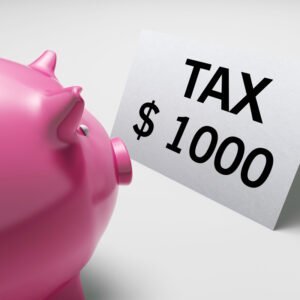 The next portion is the use tax. The thing about taxes is it applies to one’s state residency. So, I’m a North Dakota resident, so I pay North Dakota taxes. If I were to make an online purchase from a merchant in California, the California merchant isn’t required to collect taxes from me, because I’m not a California resident. That doesn’t mean I’m not responsible for paying taxes on a California purchase. Rather, I’m responsible for paying North Dakota taxes on that California purchase. If you do your own taxes, you’ll see a question on your tax form asking if you paid all your applicable taxes. This is what it’s talking about.
The next portion is the use tax. The thing about taxes is it applies to one’s state residency. So, I’m a North Dakota resident, so I pay North Dakota taxes. If I were to make an online purchase from a merchant in California, the California merchant isn’t required to collect taxes from me, because I’m not a California resident. That doesn’t mean I’m not responsible for paying taxes on a California purchase. Rather, I’m responsible for paying North Dakota taxes on that California purchase. If you do your own taxes, you’ll see a question on your tax form asking if you paid all your applicable taxes. This is what it’s talking about.
Really, the Sales & Use Tax is a way for states and localities to cover all their bases and collect taxes on all applicable sales for the residents.
Who needs a Sales & Tax Use Permit?
This really depends on your particular state and local laws. In North Dakota, businesses which sell products and services subject to sales and use tax are required to apply for a Sales & Use Tax Permit. As I mentioned above, some states don’t even have collect sales and use taxes.
When do businesses need to apply?
 I typically tell my clients to apply for a Sales & Use tax permit after they’ve obtained an EIN, if they need a permit for their business. If you apply online for the EIN, you receive your number as soon as you finish the application process. If you fax the completed from to the IRS, it should take about 4 days. If you go the snail mail route, you’re looking at 4 weeks.
I typically tell my clients to apply for a Sales & Use tax permit after they’ve obtained an EIN, if they need a permit for their business. If you apply online for the EIN, you receive your number as soon as you finish the application process. If you fax the completed from to the IRS, it should take about 4 days. If you go the snail mail route, you’re looking at 4 weeks.
The reason I suggest applying for the sales & use tax permit after you’ve obtained an EIN is because you may need your EIN as part as the application process.
Why apply for a permit?
One thing I tell my clients is whether or not you collect applicable taxes from your customers, you’re still responsible for paying the taxes. Let’s use the $10 hat example again. If I made the purchase, the merchant would be responsible for collecting $.65 for the state and local taxes. Whether or not the merchant collects it from me is irrelevant to the state and locality. They still want the taxes due. We’re going to do some simple math.
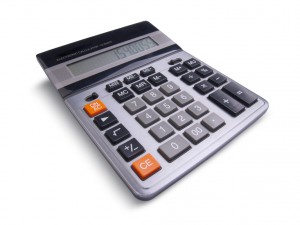 Let’s say the hat cost the merchant $5 wholesale, which is referred to as Cost of Goods Sold (COGS). The merchant sales it to me for $10 and charges me the applicable $.65 sales tax. That means the merchant’s net profit is $5. On the other hand, if the merchant doesn’t collect sales tax from, the net profit will be $4.35 after paying the required sales tax.
Let’s say the hat cost the merchant $5 wholesale, which is referred to as Cost of Goods Sold (COGS). The merchant sales it to me for $10 and charges me the applicable $.65 sales tax. That means the merchant’s net profit is $5. On the other hand, if the merchant doesn’t collect sales tax from, the net profit will be $4.35 after paying the required sales tax.
Let’s say over the course of a month, the merchant sales 1000 of those hats. A merchant who does collect sales tax will see a profit of $5,000. A merchant who doesn’t collect will see $4,675. That’s a $325 difference. Multiply that by the year, and a merchant who isn’t on the ball leaves $3,900 on the table!
The thing is, consumers are used to paying applicable sales taxes. So, collect the taxes if you’re required by your state or locality to do so.
Where to get a permit?
Rather than append a long directory here, I’m going refer you to the State Sales & Use Tax Directory I’ve created. This directory will provide you the state agency that handles Sales & Use Tax Permits and the link where you’ll find information on the Sales & Use Tax permit regulations for your particular state.
Share unique taxes that are required in your state or locality.


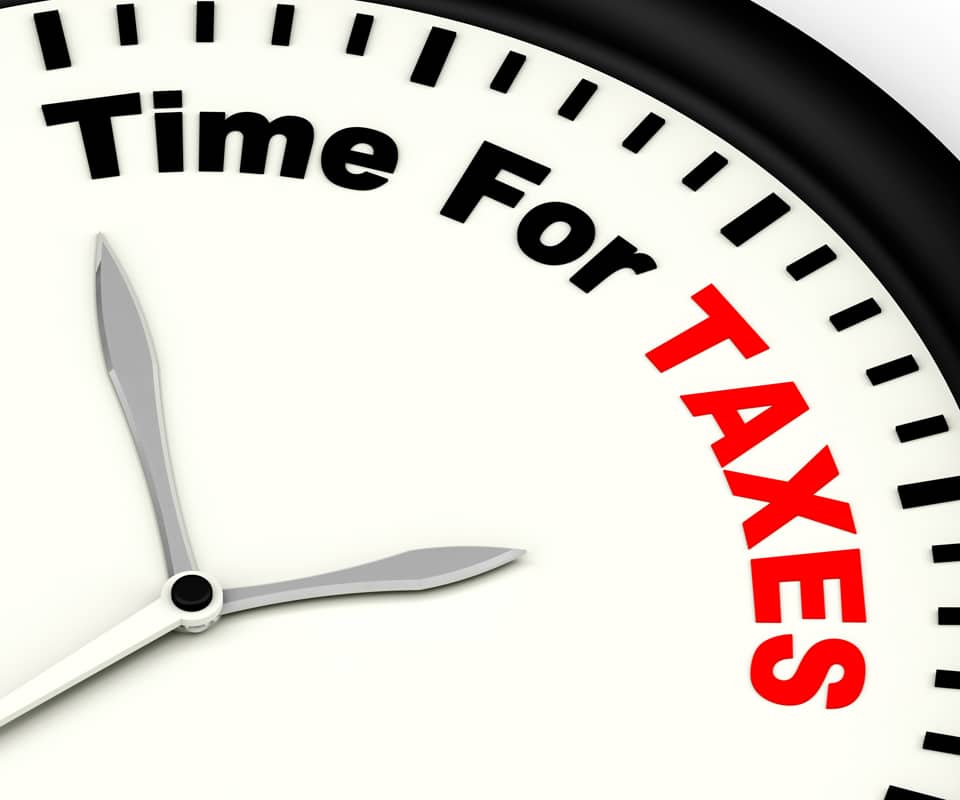

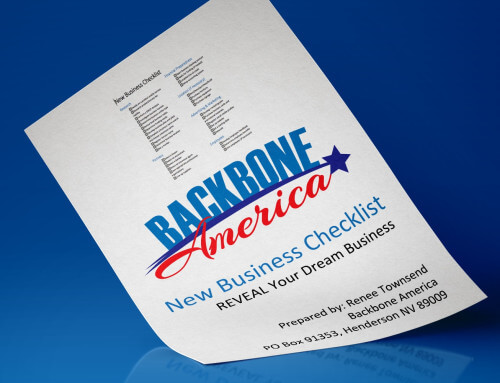
Leave A Comment